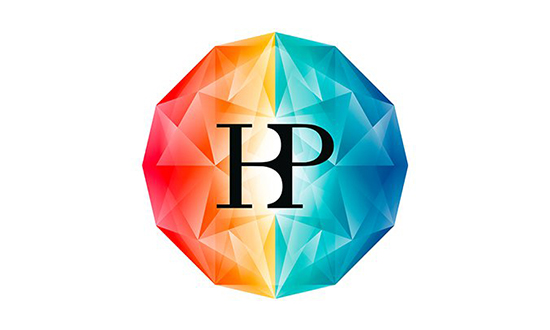
SDG 3 aims to ensure healthy lives and promote well-being for all at all ages. This not only includes reducing the mortality of mothers, newborns, and children and combatting communicable and non-communicable diseases, but also promoting mental health and well-being.
Overview, targets and indicators of SDG 3
Forschungszentrum Jülich is helping to realize SDG 1 by translating the results of strong basic science into innovative approaches and solutions for applications at the interface of neuroscience, AI, and technology.
ebrains
EBRAINS is a digital research infrastructure inspired by the brain that was created as part of the EU-funded Human Brain Project (HBP). It provides a wide range of data and tools for brain research. EBRAINS has been on the European ESFRI Roadmap since 2021 – a sign of the high quality of the tools developed.
The project offers researchers a wide range of brain data sets, a comprehensive brain atlas, modelling and simulation tools, access to high-performance computing resources, and robotics and neuromorphic platforms. EBRAINS’ state-of-the-art services are also made freely available to all academic researchers via a web portal. EBRAINS is the first research infrastructure of its kind worldwide to offer direct access to the most comprehensive database on the human brain to date, as well as powerful digital tools for simulation and AI-based analysis methods.
Moreover, the EBRAINS community is an example of open science. It works together on new research projects and the development of infrastructures, shares data and knowledge, and cooperates across disciplines, institutions, and borders.

“EBRAINS aims to revolutionize the way neuroscience is conducted. The uniqueness of the EBRAINS research infrastructure lies in our efforts to make extensive brain data, tools, and models interoperable. This allows researchers to bridge data scales and draw on work from various disciplines to answer neuroscientific questions that have previously held back progress. EBRAINS promotes advances in brain research that lead to innovations in neuroscience, healthcare, and technology,” says Dr. Katrin Amunts, contact person and joint CEO of EBRAINS and director of the Institute of Neuroscience and Medicine – Structural and Functional Organization of the Brain (INM-1).
The EU-funded Human Brain Project (HBP) celebrated its successful completion in 2023 after ten years. With a unique interdisciplinary approach, the HBP combined neuroscience and technology on a large scale.


